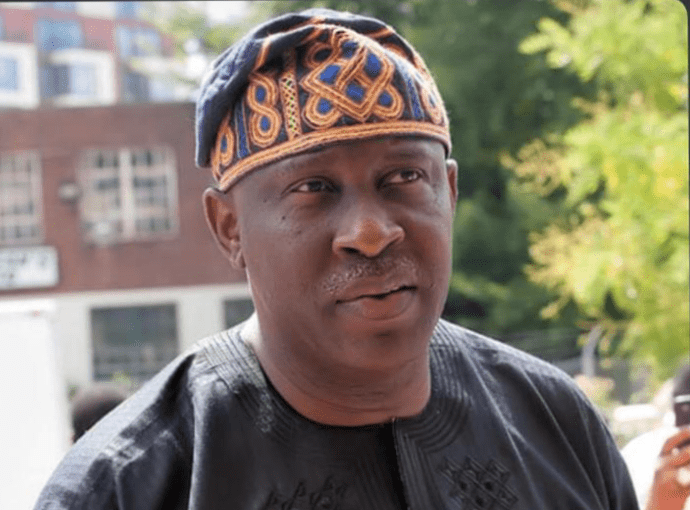BY TIMOTHY AGBOR, OSOGBO
As Nigerian doctors, nurses and other health professionals continue to seek greener pastures outside the shores of the country, patients have been suffering their mass exodus, findings by The Point have revealed.
Data obtained from the Medical and Dental Council of Nigeria disclosed that no fewer than 281 Nigerian doctors are currently practicing in other African countries.
The MDCN data showed that 153 Nigerian doctors are practicing in Sudan; followed by South Africa with 41 doctors; Egypt -17; Ghana -17; Uganda -13; and Gambia – seven.
Others are Lesotho -six; Cameroon – four; Namibia -four; Algeria -two; Ethiopia -two; Kenya -two; Liberia -two; Benin -one; Botswana -one; Equatorial Guinea -one; Niger -one; Rwanda -one; Sierra Leone -one; Seychelles -one; South Sudan -one; Tanzania -one; Togo -one; and Zambia -one.
According to the register of the General Medical Council of the United Kingdom, the number of Nigerian-trained doctors practicing in the UK has increased to 11,872.
Nigeria has the third highest number of foreign doctors working in the UK after India, and Pakistan.
Nigerian doctors are flooding these African countries and others despite the recent pronouncement by the World Health Organisation that Nigeria and 54 other countries face the most pressing health workforce challenges related to universal health coverage.
The situation is said to be affecting the operations of the nation’s hospitals being deserted by the medical workers.
The Chairman of the Committee of Chief Medical Directors of Federal Tertiary Hospitals, Prof. Emem Bassey, had in August said African countries were poaching Nigerian medical doctors and other health professionals.
He also said countries like Sierra Leone and Gambia were offering them up to $3,000 to $4,000.
Bassey, who is the CMD of the University of Uyo Teaching Hospital, said the health sector was undergoing a major crisis in terms of manpower as health professionals are leaving in droves.
According to the CMD, some of the health workers still left in the medical institutions have been showing high levels of patriotism and that they overwork themselves even as numbers of patients continue to surge without commensurate staff.
Disclosing another coping strategy, the Chief Medical Director, Obafemi Awolowo University Teaching Hospitals Complex, Ile-Ife, Osun State, Prof. John Akintunde Okeniyi said the location of the institution has been instrumental to its continuous operation despite worsening brain-drain in the health sector.
He lamented the declining staff strength of the institution owing to the exodus of medical practitioners abroad, saying the few available staff have been working under intense stress.
Okeniyi, in an interview with The Point, noted that the loss of staff to the ‘Japa’ syndrome (movement of Nigerian professionals abroad), has been impacting the hospital severely.
Notwithstanding the predicament, the CMD explained that the hospital has been coping because it is not located in a cosmopolitan city.
He said the remaining doctors, nurses and other healthcare workers at the medical centre were not being distracted when compared to their colleagues in other cities, leading to willingness to endure the condition of things in the system.
“We are trying our best here in Ife; people are less distracted unlike those in more urban places like Lagos, Abuja. Despite the ‘Japa’ syndrome, those who are here are still more committed. We make jokes that all they do is go to work, and maybe church and mosque. We don’t have malls, we don’t have distractions. So, our location is a strength to OAUTHC. ‘Japa’ is a national, in fact, international syndrome.
“But here we are, we are better positioned to address this issue. We have a core area of strength and we are able to meet those things and we still meet up with our cardiac programme, the HIV programme, the other programme in surgery. If we are able to maintain these services, we will still be able to give tertiary care to Nigeria and core areas and the government should assist us with staff.”

